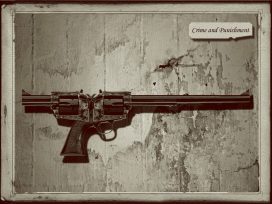
In true Stalinist manner, Russian culture is being weaponized in the war against Ukraine. But instead of cancelling Russian writers, should we read them with a critical eye – just like other European classics?

In true Stalinist manner, Russian culture is being weaponized in the war against Ukraine. But instead of cancelling Russian writers, should we read them with a critical eye – just like other European classics?
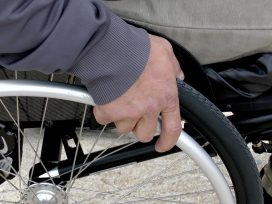
Whether in pandemic or war, the most vulnerable are the first to besidelined. Since the COVID-19 outbreak, authorities haven’t made adequate provision for disabled people, though many are more at risk of contagion in institutions.
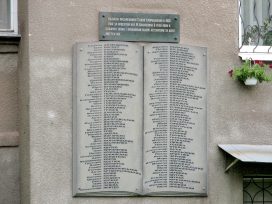
Just after the Russian invasion, the novelist Victoria Amelina wrote an essay warning that Ukraine’s cultural community faced the same fate as the Executed Renaissance in the 1930s. On 1 July, Amelina herself died of injuries sustained in Russia’s missile attack on a restaurant in Kramatorsk.
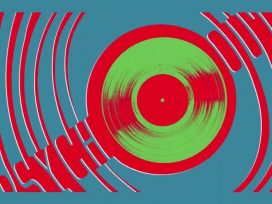
When all of culture is forced into quarantine, alternative movements become the subject of fantasy. We reminisce about a time when there was freedom of expression or dream about an emancipating experience never lived. And if music’s counterculture can still arouse our interest, perhaps it indicates that such fantasies are still needed.
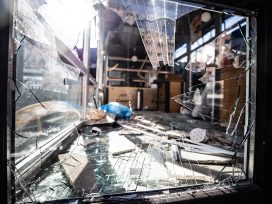
Eurozine supports the campaign for an Eastern European Independent Journalist Fund. The fund will pay for stories produced by Ukrainian, Belarusian and Russian journalists who are reporting the truth on the war despite the enormous risks. This important initiative will only be funded if it reaches its goal by Sat 2 April.
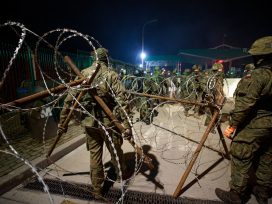
After pushing back Middle Eastern refugees into the forests on its northern border with Belarus, Poland is now welcoming an unprecedented number of displaced Ukrainians. Deep racial and gender stereotypes are at play in this double standard, and an idea of heroic patriotism that doesn’t understand the people who don’t have a state to fight for.
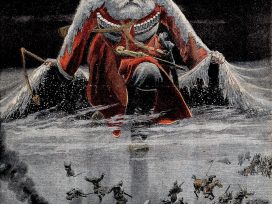
Russia’s war on Ukraine is clearly an attack on the whole of Europe, but domestic responses are still stuck with the narrative of patriarchal solidarity and the concern for consumer comfort on the home front. Philipp Ther argues for active solidarity, and with it, to prepare for the end of the convenience Europe has known: it may hurt, but without it, the long-term losses to freedom and welfare are likely to be higher.

As Ukraine repels tanks, missile attacks, invasion and siege, three journalists from the online platform Gwara Media chronicle their impressions, observations and journeys since the start of the war.
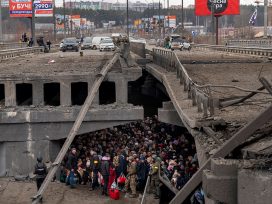
Russia’s aggression may have knocked the pandemic out of most headlines but hasn’t stopped its spread. In wartime, as during any disaster, epidemic diseases take an incredible toll. Ukraine was long viewed as a geopolitical sideshow by the US and EU, resulting in the lowest vaccination rate in Europe.
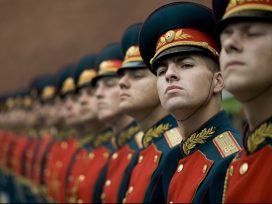
Russia has no national interests, not even in Ukraine. Russians are denied subjectivity, the means of making rational and responsible decisions. Instead, they have state-sanctioned propaganda, rigged elections, pretend patriotism and a profoundly inhuman leadership.
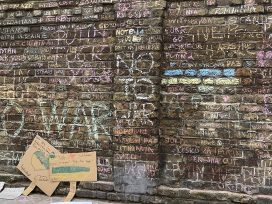
The governments now sanctioning Russian oligarchs forget to mention that it was the free-market policies of the ’90s that created them. In order to regain the initiative after misreading Russia’s aggression, the Left needs to point out how the war for democracy in Ukraine is part of its own struggle for global justice in the 21st century.
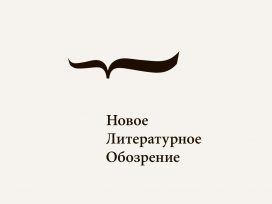
In moments of intense apprehension and fear, we may well be disinclined to read books, but it is vital to actively maintain channels of mutual support. A statement by the editors of the Russian journal ‘New Literary Observer’.
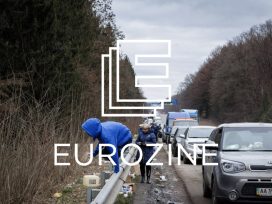
Europe is facing a vast humanitarian crisis. This time, there is a good chance that governments will rise to the challenge. If only because it is all too clear that uncontrolled mass migration is one prong in Russia’s hybrid war against ‘the West’.
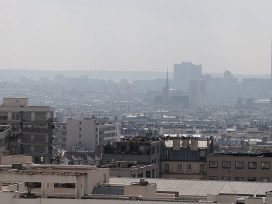
Claims that the French electorate has moved right are based on faulty evidence. Because dealignment primarily affects the left, support for redistribution and acceptance of diversity are not reflected in the polls. But the real problem for French politics begins in the voting booth.
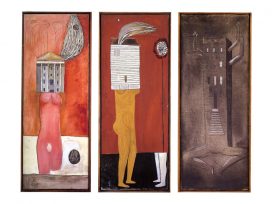
Underpaid and overworked: steady gender equality improvements in the Austrian workplace have backslided during the pandemic. What measures could redress the growing imbalance?
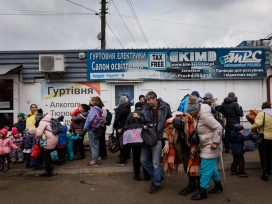
Much has been made of abstinence during the pandemic. But the virtues of ‘doing without’ have nothing to do with the refugee’s involuntary loss of home and family. For those never forced to flee, this existential experience is almost beyond imagination.